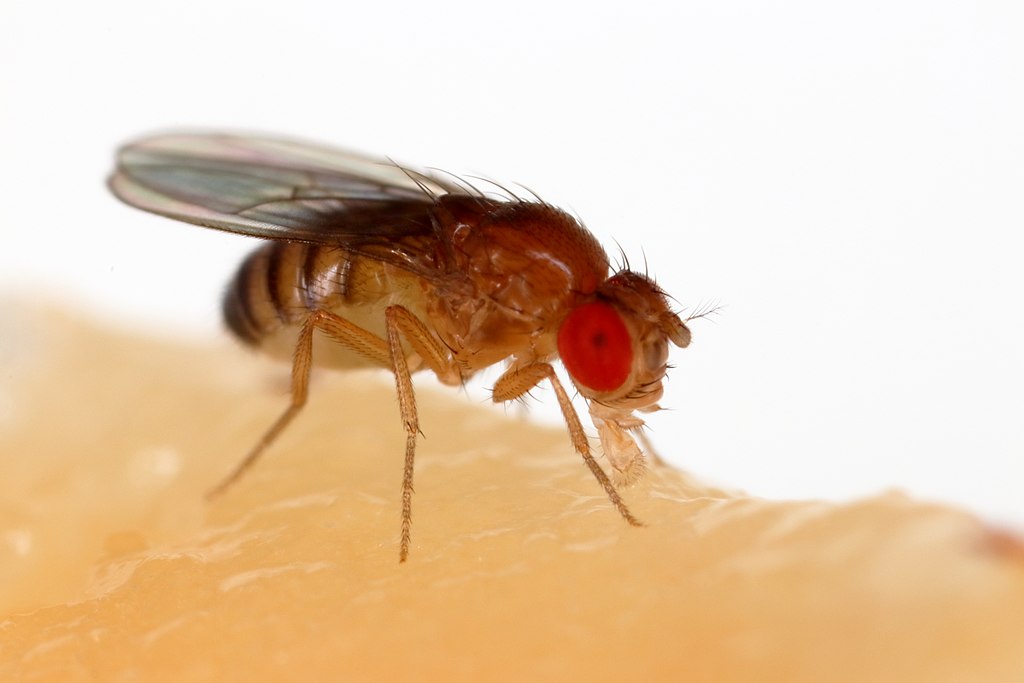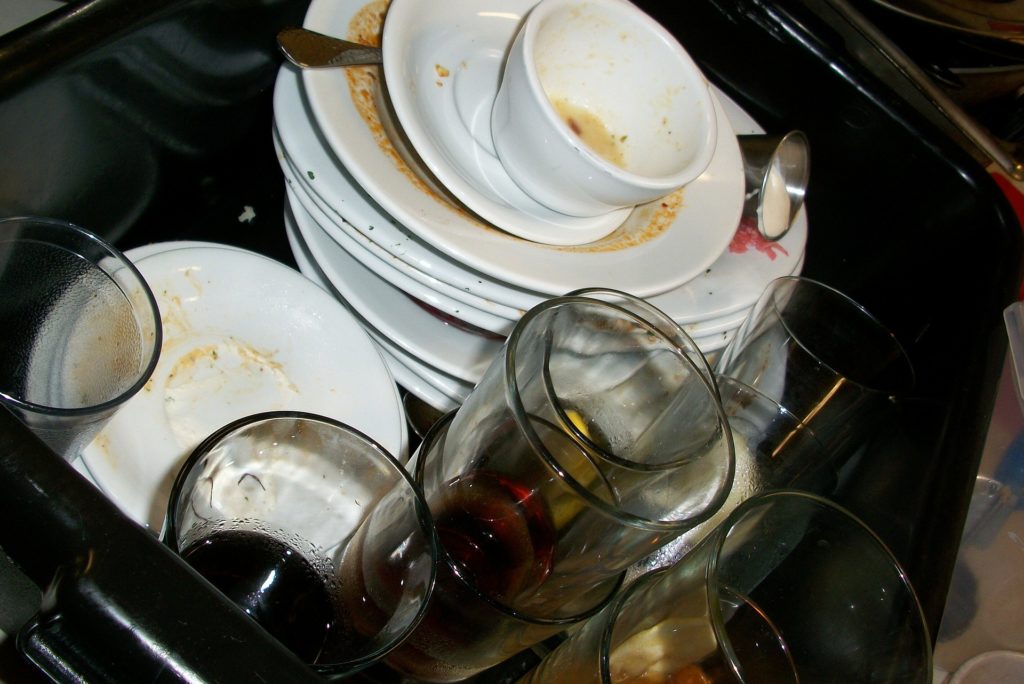For many insects, the egg is the first stage of their life cycle. Flies are no exception. They transition through egg, larva, pupa, and finally into an adult. But where do flies lay their eggs in the first place?
Where flies lay eggs
Flies can lay eggs both inside and outside of your home — so it’s really important to know their favorite spots. That way, you will be able to prevent their populations from thriving on your property.
- Different fly species have different preferences. There are many different fly species that can infest your home. You have the very common house fly, but you should also not disregard others like the blow fly, drain fly, and fruit fly. They all have different preferences on where they lay their eggs. But they all have one thing in common — they want to lay eggs in areas with immediate access to resources. Flies generally don’t care about their young. They just lay eggs in areas where they can survive when they hatch and abandon them there.
- Flies like to lay eggs in organic matter. Flies are not picky eaters. If it’s organic, they are likely to eat it. This is why flies are so common around homes — there is an abundance of organic matter inside and outside of your home. Inside, you have unattended food, crumbs and residue from garbage cans. Outside, you have decaying fruits, grass clippings, and pet feces. Fruit flies are particularly attracted to the fermenting juices of decaying fruit.
- Some flies like to lay eggs in moist areas. Organic matter can come in many forms. And sometimes, they don’t even look edible to you. One great example is the thin film of filth on your plumbing system and overwatered plants. Drain flies in particular like to lay their eggs on the thin film of filth in your drains. Fungus gnats, on the other hand, thrive well on overwatered plants.

Fast facts about fly eggs
It’s important to understand fly eggs because they are the first stages of flies and fly infestations. Arming yourself with these facts will help you deal with these eggs and prevent full-blown infestations at home.
- Fly eggs and maggots are different from each other. Many people seem to be confused with fly eggs and maggots. They think that they are the same. They are not. Fly eggs are, well, eggs. Maggots, on the other hand, are fly larvae —fly eggs that have already hatched. These young insects have an insatiable hunger for food and energy. This is because they are preparing for the pupa stage where they eventually develop to become adult flies. This is why you often see maggots eating away the leftovers in your garbage cans.
- Flies can lay eggs on your food but it’s unlikely. Flies lay eggs in organic matter, including the food you eat at home. But this doesn’t mean you should be paranoid. This doesn’t mean you have to inspect your food thoroughly before eating it. Yes, flies do lay eggs on food. But this is unlikely to happen on food you constantly attend to. They can lay their eggs only on spoiled and unattended food.
- Nothing is likely to happen if you accidentally eat fly eggs. If you are a healthy human, you are not likely to suffer from any health condition if you accidentally swallow fly eggs. The eggs will simply die inside your body. However, there are a few instances where people suffer from intestinal myiasis. They may see maggots in their poop until all the eggs and maggots have been flushed out. But this is a rare occurrence. You are more likely to suffer from food poisoning. If there are fly eggs in your food, the food is probably spoiled to begin with.

How to prevent flies from laying eggs on your property
Fly infestations are dangerous. They can lead to a variety of diseases like cholera, salmonellosis, and typhoid fever. And since fly eggs are basically the first stages of fly infestations, you have to get rid of them immediately. You can also prevent them from thriving.
- Make sure there is no food and water around. Flies like to lay their eggs where the hatched maggots will be able to eat immediately. This means that flies directly lay their eggs on food and water. If food and water items are too accessible in your home, you are putting yourself at risk of fly infestations. Clean up immediately after eating. Practice proper waste management. And maintain the cleanliness of the inside and outside of your home.
- Maintain your home’s exterior. Many homeowners focus on the cleanliness of their home’s interior. After all, this is where they eat, sleep, and relax. But when it comes to pest infestations, the cleanliness of your home’s exterior is just as crucial. Anything organic can be the breeding grounds for flies. This includes the decaying fruits in your garden, the grass clippings in your yard, and the dog poop in your lawn.
- Get rid of flies with insecticides. You can actually call pest control professionals to deal with flies. But if you think you can handle the flies yourself, you can try conventional methods like insecticides. Make sure to read the instructions for their proper use. After all, they have toxic chemicals that can be harmful, especially to children and pets. There are also DIY and natural approaches. But their effectiveness can be very limited, especially because many of them only repel flies, not kill them.
Flies lay eggs in a variety of areas
Flies directly lay their eggs on food and water sources. Some of these sources are quite obvious, like spoiled and unattended food and garbage can crumbs and residue. But some are also not so obvious, like the fermented juices of fruits and the thin film of organic matter in moist areas.
Get rid of fly eggs now before they cause a full-blown fly infestation. Better yet, prevent fly eggs from thriving on your property, so you don’t have to deal with fly eggs anyway. You don’t want these pests on your property. They are dirty, dangerous, and able to spread diseases to you and your family.

